Academy’s acceptance of male friendship — and not much else
February 10, 2020
By Ana Costanzo
Razing the 2017 reinvigoration of original storytelling, 2018 was a creative drought of countless remakes and alterations of true-life stories. After Green Book—a film which I resent for its stereotypical white-savior approach to a complex racial subject— won the Academy Award for Best Picture, I prayed for film salvation.
Salvation did indeed arrive. 2019 was a year for extraordinary avant-garde masters. It left me quaking with joy at the prospect that the drought was over. But looking back at the films, especially the 2020 Oscar nominations for Best Picture, I recognize a glaring trend.
What I thought was a year for a rejuvenation of creativity and an ownership of the inventive film landscape was, in fact, draining the desert.
The films of 2019 did not produce aqua splendor. These are the following 2020 Oscar nominations for Best Picture:
Ford v. Ferrari
The Irishman
Jojo Rabbit
Joker
Little Women
Marriage Story
1917
Once Upon a Time… in Hollywood
Parasite
Six out of the nine nominated films of the year are situated in a stupor of male chauvinism. In other words, the films are primarily centered around male friendship.
Take, for example, the Matt Damon and Christian Bale film Ford v. Ferrari: The story centers on two friends battling a corporate society, finding themselves in each other and their perseverance. Never is Damon without his daredevil companion Bale, the wedding bells ringing with the roar of an automobile.
Of course, the penultimate male relationship is between Leonardo DiCaprio and Brad Pitt in Once Upon a Time… in Hollywood. Females are either innocent archetypes of whimsical male desire or cult followers of a long-haired-hippie mass murderer. Lest we forget, the males, meanwhile, are powerful patriarchs with support always around the sunny Hollywood corner from fellow members of the exclusive elite.
There is then The Irishman. Rather, The Eternal Scowl. (The movie is three and a half hours long. Watch it at your own discretion.) Robert De Niro, Joe Pesci, and Al Pacino (playing the most obnoxious version of himself) are in a male friendship triangle. De Niro must choose between his two mafia-involved buddies, his role in each of their lives as a man who “paints houses.” The only significant woman in Martin Scorsese’s Goodfellas and The Last Temptation of Christ hybrid is De Niro’s daughter. But rather than solidifying her role as a major player in De Niro’s nowhere road to loneliness, she is simply a silent trophy.
Now, Scorsese knows how to handle women’s roles in film. He did so with Alice Doesn’t Live Here Anymore and… oh, I guess that’s all the female empowerment he’s envisioned.
Back to the film at hand, The Irishman is simply too involved in its self-centeredness of male masculinity to let novel voices inside.
Similarly, Joker is another film which showcases the trend of male friendship. Instead of a physical male counterpart, Joaquin Phoenix’s version of the Gotham clown is himself. Obsessed with his career, he longs for acceptance in a Taxi Driver-esque moody and unscrupulous city. Alas, his only acceptance comes from within: a dark hole where his heart should be. Thus the origin of Joker. This film is geared toward the 2019 climate regarding loonies, but I still do not understand the appeal of a male freak behind the camera centering on a significant freak.
Alas, the internal male friendship continues with Jojo Rabbit. Taika Waititi pours his creative flavor onto the screen in this reinvention of Nazi Germany. While Roman Griffin Davis is lovable as an Aryan boy, the film loses itself in its relationship between Davis and Waititi’s portrayal of pot-bellied Adolf Hitler.
Another film revolving around war is 1917. The Sam Mendes film which has what cinema ought not to be: mediocre storytelling and so-so acting hidden behind fantastical cinematography. The film is blatant Oscar-bait glory. Nonetheless, its portrayal of two soldiers saving a fleet of other male counterparts dressed in the same uniform and suffering the same hardening conditions is uplifting. It’s good to know men have each other’s back, and Hollywood is recognizing the true valiant attempt of World War I soldiers. It’s not good for the Academy to piggyback on these types of film centering on male camaraderie as worthy of Oscar gold.
All the films above show brute authority of male friendship. Parasite is an exception. Not only is it the first foreign language nominated film to receive an Academy Award for Best Picture, it is also a film centered around family with comedic and savage delight. It is the best version of what film should aspire to be. Moreover, it is exactly the type of film to save the desert from the drought.
Of course, Marriage Story and Little Women are also exceptions. They are sensitive in their portrayal of family and uncertainty, the directors associating their own lives into every scene and thus producing exceptional acting. The storytelling for these films are written in the stars.
Alas, Hollywood is seemingly only accepting of one kind of virtue: male friendship. This begs the question: Is there room for women in Hollywood?
Certain films of 2019 such as Hustlers, The Souvenir, Portrait of a Lady on Fire, The Farewell, Booksmart, and Harriet center primarily on the female sex. Thus, they produce an outlook on love and life and adversity otherwise unknown to the male counterpart (yes, even you Noah Baumbach).
This is not to say films centered around male friendship are catastrophic to the creative industry. On the contrary, some of the best films of the year are centered around male friendship. But when specifically highlighting the trends of the Academy, one questions the validity of originality in a corporate society leaning on pragmatic storytelling.
Cinephiles desire films of inclusive qualities. And Hollywood is capable of delivering those qualities.
But the Academy is not registering those ideals as aligning with their ancient trend of male chauvinism.

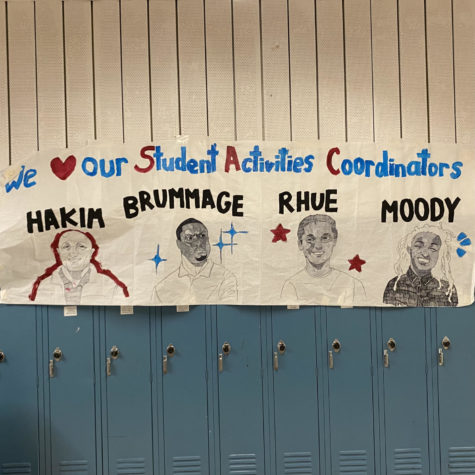

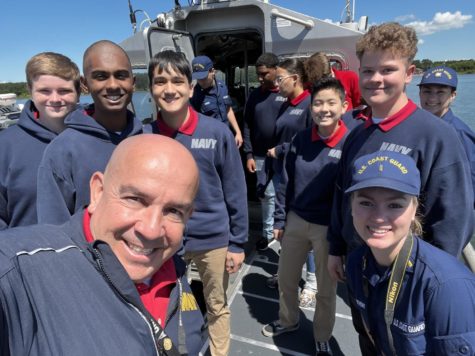

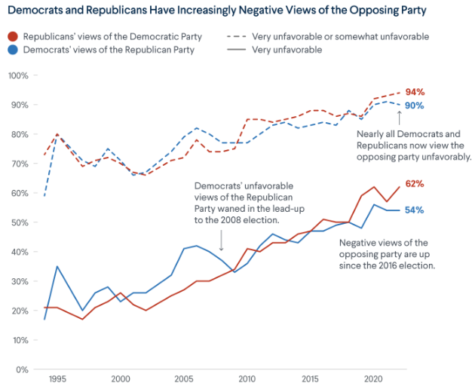
Bennett Scales • Mar 12, 2020 at 8:11 am
Does a film have to be inclusive to be good? If all you focus on is inclusiveness, then doesn’t that shift the focus away from actually good storytelling? A good film tells its story, despite all elements of race or sex. Films star males purely because the plot is made for a male lead. What we need isn’t less movies starring men, its more fantastic scripts made for starring women.